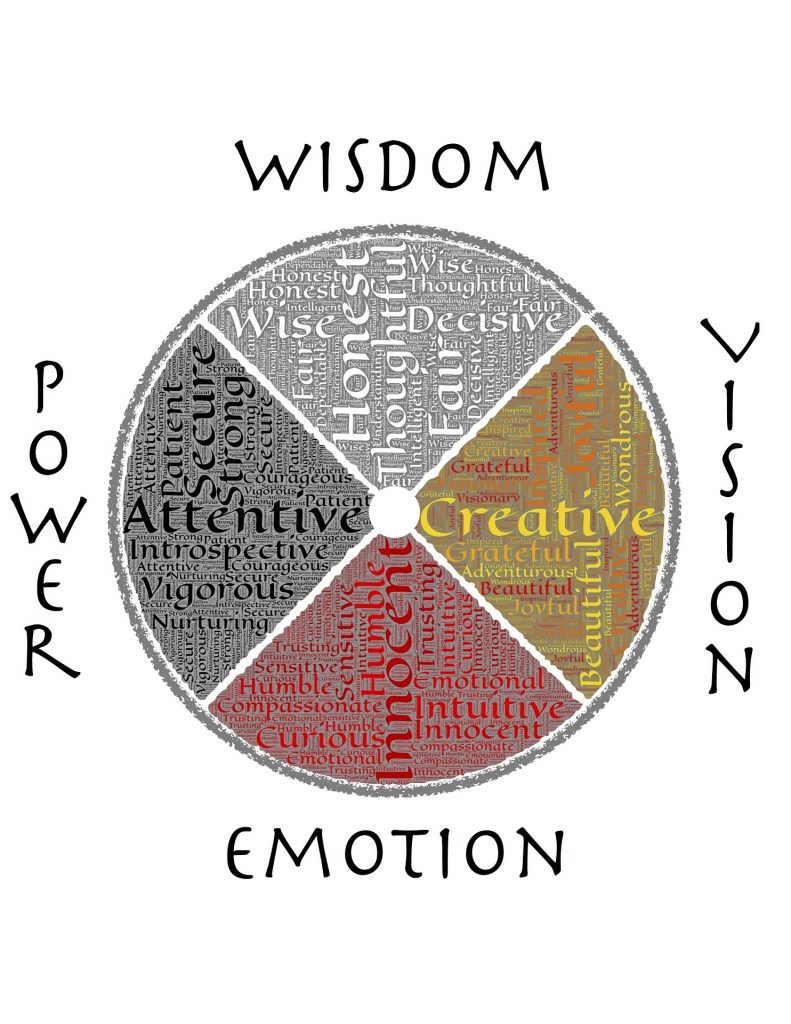-
Perseverance in Writing

My writing philosophy closely aligns with Oscar Wilde’s famous quote, “Be yourself; everyone else is already taken.” Although I completely understand there are underlying mechanics of formal writing that many authors follow, and book publisher editorial staffs expect, I also believe that writing is a form of creative expression that shouldn’t be tamed. What I do know about writing, is it means something very different to each author.
Writing styles vary drastically among peers, and for this reason, true art may flourish without boundaries. If everyone used the same syntax, visual structure, or perspective, how bland the world would truly be. Some writers are very organized and methodical; they create outlines, reverse outlines, and design their story, whether formally written or organized only in their thoughts. Other writers use a more free form and write as they go.
Defining “good” writing is quite difficult as it is a subjective analysis based on the preferences of each individual reader. Therefore, I feel as though “good” writing captures the author’s intention. Compositions changed to fulfill a specific genre’s expectations or novels edited to an extreme extent where the storyline is completely changed may increase book sales; but are these changes examples of “better writing?”
J.K. Rowling’s fantasy series, Harry Potter, is an excellent example of this paradox. The book series has sold over four hundred million copies. Upon completion of the first book, Ms. Rowling queried agents and was declined “loads” of times before the London publishing house, Bloomsbury, accepted the manuscript (Gillett). I often wonder what agents who declined the manuscript for not being marketable must think now. Rowling has been identified as the first author to become a billionaire from writing (Carmichael).
A commonly held belief is that writing is easy for successfully published authors. I don’t believe this to be true. At the beginning of each and every manuscript created is a blank page, a pen or pencil, and/or a keyboard. Ms. Rowling speaks to the tenacity and perseverance that all writers must possess and how failure itself will help a writer discover themselves. I believe there is something for all aspiring writers to learn from the most successful female author in history, and it has nothing to do with a financial payoff.
As shown in the following video, Rules for Success, The Top Ten Rules for Success, according to J.K. Rowling, are: failure helps you discover yourself; take action on your ideas; you will be criticized; the process is subjective; remember where you started; believe; there is always trepidation; life is not a checklist of achievements; persevere; dreams can happen; we have the power to imagine better (Carmichael).
In my future classroom, I hope to utilize a teaching philosophy known as holistic education. Put simply, the foundational approach to this style of instruction is concerned with the student’s ‘whole self.’ It attempts to recognize and understand that each student has various potentials in areas of intellect, emotion, artistic, and creative modes, among others (Wikipedia). Below is a short video that attempts to explain how the holistic educational approach can somewhat fill in the gaps for student learning: What Does ‘Holistic Learning’ Mean for Students?
As a writer myself, I understand the fear of failure and being critiqued on something as personal as bearing your soul on paper. However, following the example of J.K. Rowling, I further hope to help my students embrace the concept of believing in themselves.
BibliU. “What Does ‘Holistic Learning’ Mean for Students?” Online video clip. Youtube. YouTube, 1 August 2019. Web. 25 August 2019, youtu.be/2aFIfCwSEnc.
Carmichael, Evan. “J K. Rowling’s Top 10 Rules for Success (@jk_rowling).” Online video clip. YouTube. YouTube, 15 September 2015. Web. 25 August 2019, youtu.be/bvMtUuedLwU.
Gillett, Rachel. “From welfare to one of the world’s wealthiest women — the incredible rags-to-riches story of J.K. Rowling.” Business Insider, www.businessinsider.com/the-rags-to-riches-story-of-jk-rowling-2015-5. Accessed 25 August 2019.
Hain, John. “Medicine Wheel.” Pixabay, 16 September 2014. pixabay.com/illustrations/medicine-wheel-wisdom-power-vision-444550/. Accessed 25 August 2019. Copyright-free.
“Holistic Education.” Wikipedia. Wikipedia.org, 14 August 2019, en.wikipedia.org/wiki/Holistic_education. Accessed 25 August 2019.